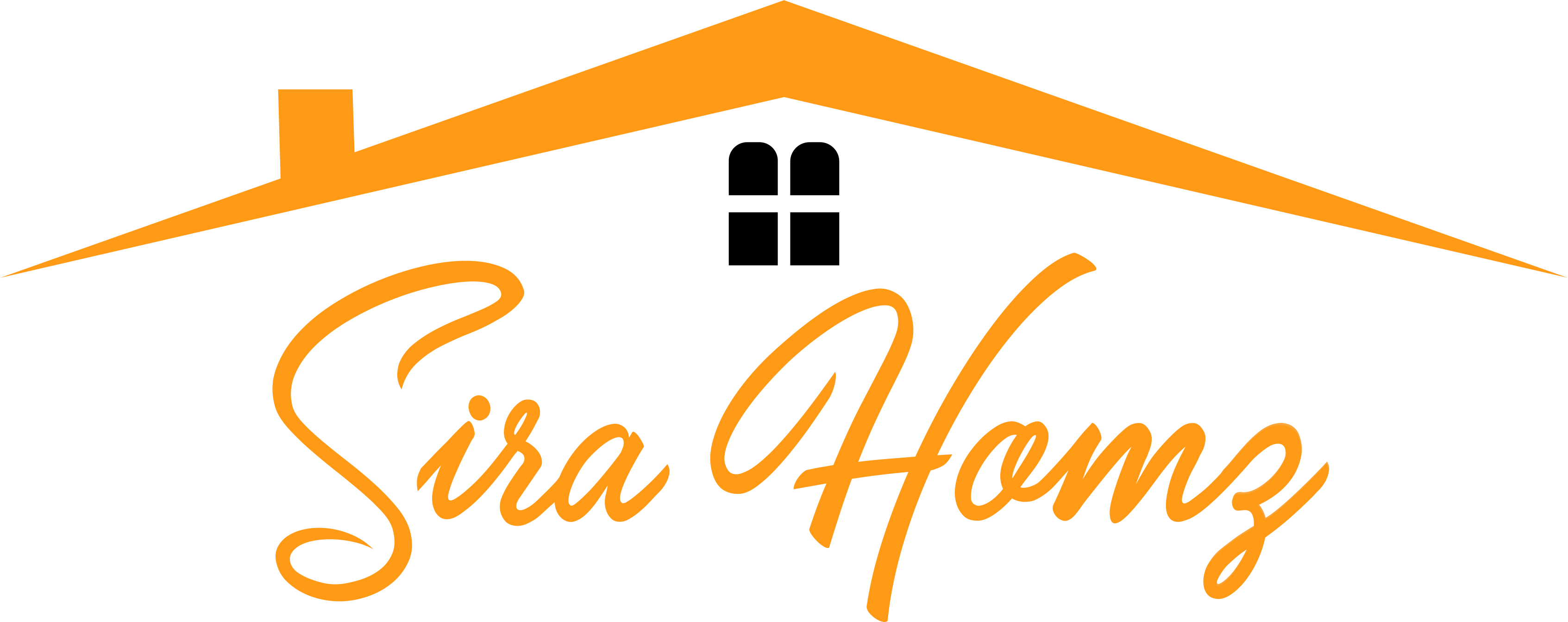The coronavirus pandemic is one of the biggest disruptions to our way of life since the second world war, and we’re not out of the woods yet. Until a vaccine is widely available and adopted – which could take a year or more – we’ll likely see a new set of rules and routines in place.
So what will this ‘new normal’ look like for Canada’s housing and mortgage market? While no one can be 100% sure, the team at Ratehub.ca and CanWise Financial have some predictions of what might happen.
Mortgage Rates
Fixed and variable rates are currently at historic lows, in an effect to stimulate the economy. Until both the Canadian and global economy is close to fully recovered, we expect these rates to stay low. Only once we see more positive news around both the economy and the ongoing pandemic do we expect mortgage rates to start rising again.
Shopping around for a mortgage
Before this pandemic, Canadians were already moving to a more online-focused mortgage experience, where they could more easily compare mortgage rates and products between lenders. The pandemic has forced Canadians to increasingly move the rest of their lives online, even those that have been reluctant to do so. As a result, we expect the trend of increasingly online mortgage experiences to continue.
First-time home buyers
The biggest issue for first-time home buyers are changes in their income or employment as a result of the pandemic. Coronavirus-related job losses have disproportionately affected young people, many of whom will have no choice but to defer the purchase of their first home until after their income is stable again.
For young Canadians lucky enough to have kept their jobs, the current environment, with lower rates and less competition among buyers, does present a good opportunity to get into the housing market.
The housing market
Home prices have been resilient so far, but this could change over time, especially if the Canadian economy remains depressed. If employment rates rebound by the end of 2020, we predict housing prices will remain reasonably static. However, if unemployment remains at or drops below current levels, there’s a risk that 2021 could see a fall in housing prices across Canada.
Mortgage deferral
The mortgage deferral program offered by Canadian lenders was widely adopted by borrowers. For those borrowers that deferred payments, their household debt will have increased and will continue to build month over month. If those households are unable to resume their payments and keep up with the new levels of debt they carry, we could see an increase in the number of mortgage defaults. This could have significant effects on the overall housing market.
The bottom line
The state of Canada’s mortgage and housing market for 2020 and 2021 will be depending on a wide variety of factors, particularly the state of the overall economy, unemployment, as well as the development of treatments or vaccines for COVID-19.
The best thing that individual borrowers, or prospective borrowers, can do is to do whatever they can to keep their employment stable, and not let their debt spiral out of control. Beyond that, shopping around for the lowest possible mortgage rate continues to be one of the best ways to save money on an upcoming purchase or mortgage renewal.




